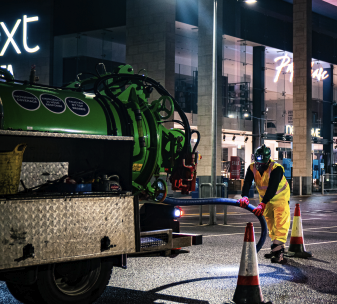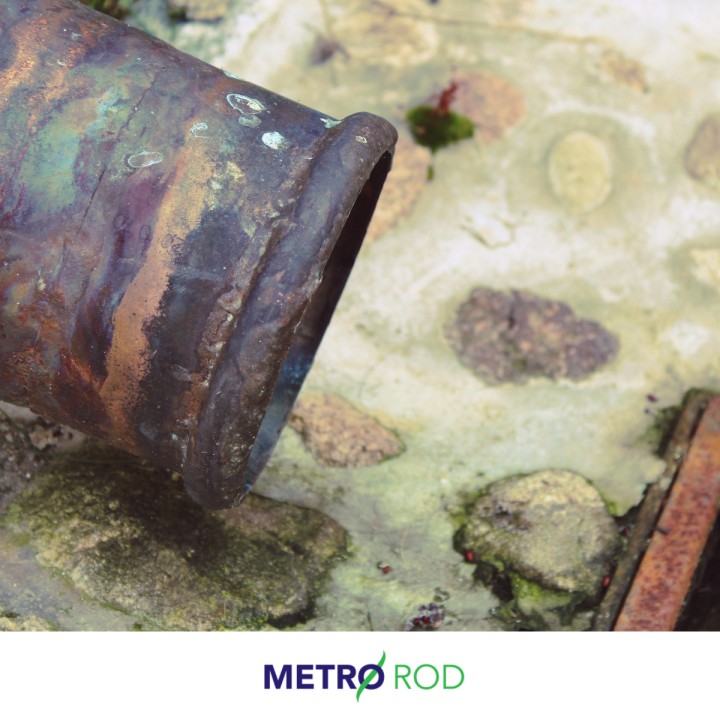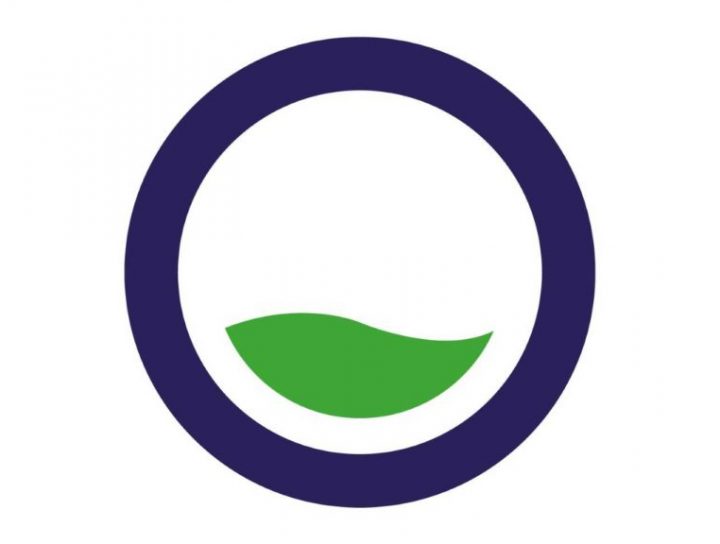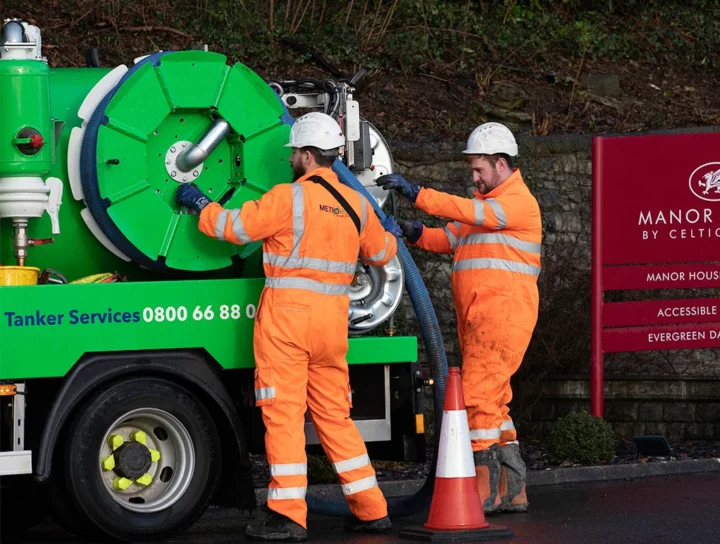Blocked drains are a frequent problem for many homes and commercial properties. Although there are numerous ways in which a drain becomes blocked, a common culprit is fatbergs.
What are Fatbergs?
Fatbergs are a collection of fats, oils, grease, and non-biodegradable items such as wet wipes that have entered your drainage system and solidified, creating a rock-like mass. When fat or grease is poured down the drain, they cool and become solid so, they will no longer freely move along the drain. Any debris or non-biodegradable items, such as wet wipes or cotton swabs that have been incorrectly flushed, will then latch onto the gunk already stuck in the pipe. Over time, this waste will build up and make its way into the sewers where it’s combined with similar waste from other properties, resulting in the forming of a fatberg.
Whenever you dispose of waste, whether it's food, wet wipes, fats, or grease, you must do so in the proper way. These substances will only add to the fatberg already lurking within your drainage system, making the problem much worse. Fatbergs in sewers and drains can cause serious problems. As a fatberg grows, it will fill the space in your drains and restrict water flow. Creating a blockage and potentially damaging the pipes.
How To Prevent Fatbergs
Fatbergs are completely avoidable as long as you’re mindful about what you flush and pour down the drains.
Don't pour fats, oils, or grease down the drain
As fatbergs are primarily made up of congealed fat, oil, and grease, these substances must be disposed of responsibly. Rather than pouring these down your drain, wait for them to cool and solidify, then empty the contents into your food waste recycling bin, also known as a food caddy. Also, avoid mixing fats, oils and grease with washing up liquid. Although you may think washing up liquid helps break down these substances down once they enter your drainage system, it doesn't.
Scrape any leftover food into the bin!
It's important to always make sure when cleaning your plates, cutlery, or cooking utensils that no bits of leftover food are on them. At first glance, a small piece of rice or pasta entering your drain may not seem like a big deal. However, these little bits of food will accumulate over time and will only add to the existing blockage.
Install a grease trap
Fats, oils, and grease are among the most common causes of drain blockages for businesses within the hospitality sector. If your business deals with hot food, it's a legal requirement to ensure you have a grease trap installed.
Grease traps capture fats, oils, and grease that are poured down the sink, preventing them from entering your drainage system. Over time, grease traps can clog and saturate due to the accumulation of various grease, fats, and oils so it’s important to have them emptied regularly to prevent disruption in your kitchen.
Only flush the 3 P's – Pee, Poo, Paper
Some of the most common items found in a fatberg are non-biodegradable, such as wet wipes, cotton wool or nappies, which are incorrectly flushed down the toilet. Typically, sanitary products, like tampons or nappies, are designed to absorb fluids. Once these items enter your drainage system, they absorb more water and expand. When they reach an existing fatberg, it increases the mass and makes the problem worse.
Regularly maintain your drains
Drainage problems often arise under our very noses and sometimes can be rather costly and time-consuming to fix. However, through regular drain maintenance, existing damages or potential hazards will be identified, helping you to avoid serious drainage problems further down the line.
Removing Fatbergs from Your Drains
If a fatberg has formed and caused a blockage within a shared drain system or sewer, then it is the water authority’s responsibility to fix the problem. However, if a blockage has formed within your private drainage system, Metro Rod will be able to fix the issue using the following methods.
Initially, a CCTV drain survey will need to be administered to identify if a fatberg is the culprit. If it is the cause of the blockage, a high-pressure drain jetting unit will be required to clear the fatberg from the drainage system. There are many types of specialist jetting nozzles, such as rotating or orbital chain flails, that are well suited to break the fatberg down into small chunks, allowing it to flow through the system.
Call a Fatberg Removal Specialist
Fatbergs can be a real cause for concern if they are allowed to build up. At Metro Rod, we are experts in removing fatbergs. All our drainage engineers have the knowledge, skills, and experience to not only identify the cause of the blockage but repair any damages to your drains and offer recommended next steps to prevent future disruption.
If you are experiencing a blockage and suspect it may be due to a fatberg, contact your local Metro Rod depot or call us on 0800 66 88 00.

Talk to your local Metro Rod specialist
We are always happy to arrange a free site assessment and no obligation quotations for any work you might need. Alternatively, you can call our emergency hotline number on 0800 66 88 00
Get in touch Drainage Services

